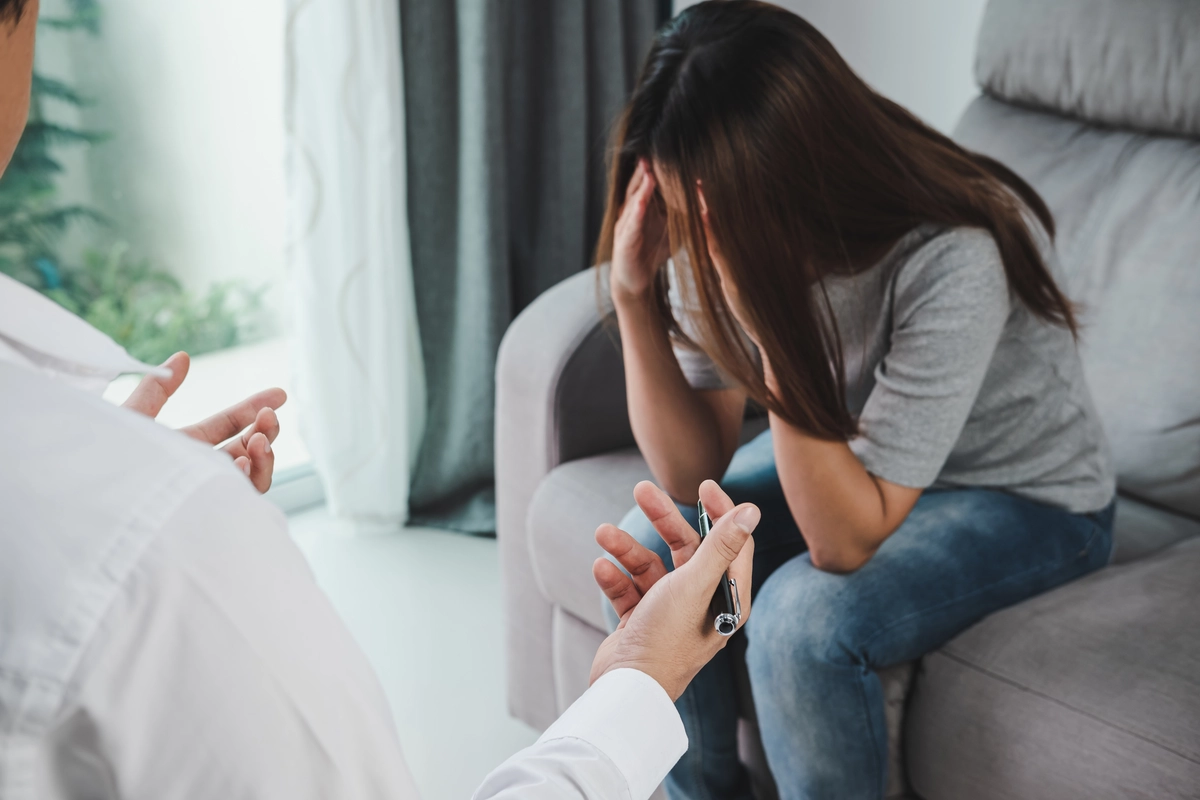24/7 Helpline:
(866) 899-221924/7 Helpline:
(866) 899-2219
Learn more about Group Therapy centers in Pine Bluff
Group Therapy in Other Cities

Other Insurance Options

Optum

Health Choice

ComPsych

Ceridian

GEHA

Highmark

Optima

WellCare Health Plans

United Health Care

Coventry Health Care

Self-pay options

Sutter

Molina Healthcare

Magellan

AllWell

UMR

Regence

Choice Care Network

State Farm

Holman Group

The PAT Center
The PAT Center is a drug and alcohol rehab in Pine Bluff, Arkansas. They provide outpatient addictio...





Recovery Center
Recovery Center is a private rehab located in Pine Bluff, Arkansas. Recovery Center specializes in t...

HDRS Alcoholism Treatment
HDRS Alcoholism Treatment is a private rehab located in Pine Bluff, Arkansas. HDRS Alcoholism Treatm...

New Beginnings Casa
New Beginnings Casa is a drug and alcohol rehab that supports adults and adolescents. Located in Pin...

Southeast Arkansas Behavioral Healthcare System
Southeast Arkansas Behavioral Healthcare System is a drug and alcohol rehab in Pine Bluff, Arkansas....

Central Arkansas Veterans Healthcare System – Pine Bluff Outpatient Clinic
Central Arkansas Veterans Healthcare System - Pine Bluff Outpatient Clinic is a public clinic locate...






